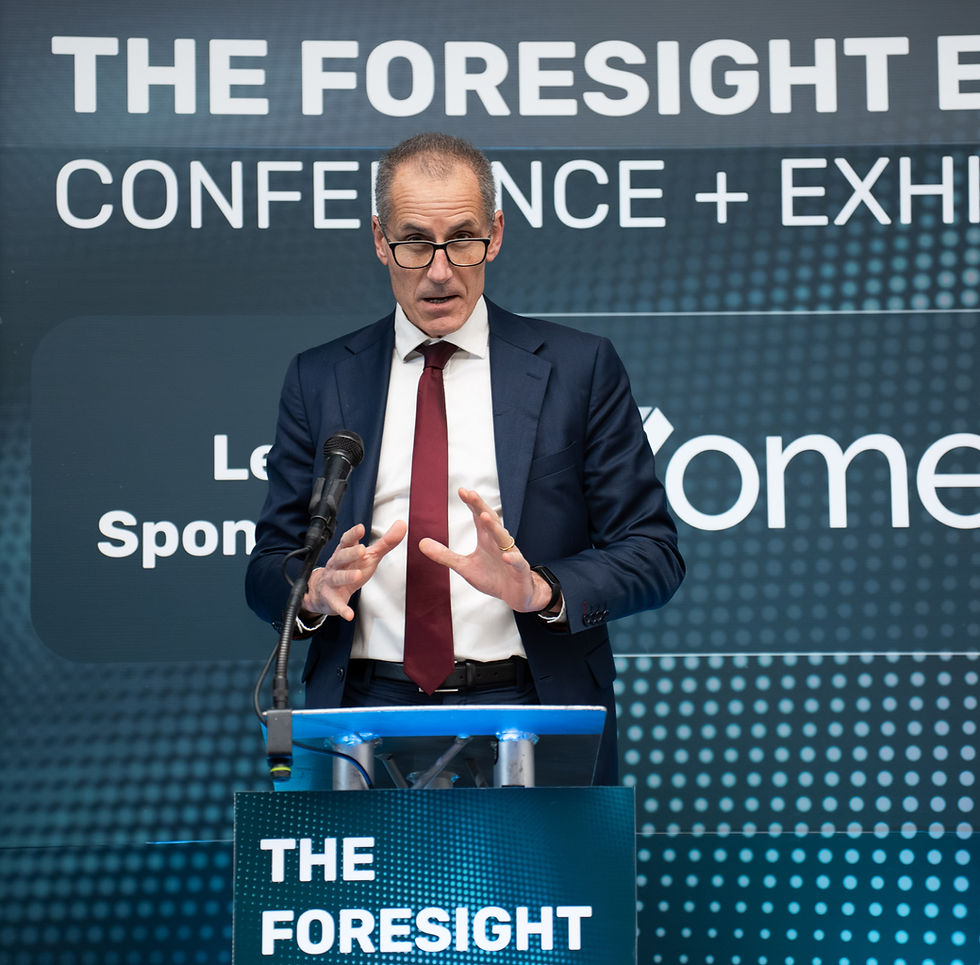Industrial Strategy a Welcome Step but More Answers Needed on Energy Costs and Decarbonisation Support
- Jul 21, 2025
- 3 min read
Updated: Aug 28, 2025
The UK’s newly published Industrial Strategy has been broadly welcomed as a much-needed long-term framework for supporting industrial growth and decarbonisation. However, during a recent webinar discussion hosted by Foresight, industry experts highlighted several key gaps in the strategy that will need to be addressed in the coming months.

One of the main concerns raised is the lack of any replacement for the Industrial Energy Transformation Fund (IETF), which has now closed. The IETF was widely used by manufacturers to invest in energy efficiency upgrades and lower-carbon technologies, and its absence creates a clear gap in support. Without a follow-on scheme, there are fears that many businesses could struggle to make necessary investments in decarbonisation, particularly in sectors outside the government’s top priority areas.
The British Industry Competitiveness Scheme was seen as a step in the right direction, aiming to reduce industrial electricity prices by 25%. Yet participants in the webinar highlighted the need for certainty around which industries will be eligible to benefit from the scheme, with some questioning whether key sectors - such as those with strong electrification potential - may be overlooked. Clear guidance on eligibility was identified as a priority for industry confidence.
Another issue discussed was the scheme’s proposed start date of 2027. While the initiative is viewed positively in principle, the delayed timeline was questioned. With energy costs already weighing heavily on manufacturers, webinar participants argued there is a strong case for bringing the scheme forward to provide more immediate relief and improve investment certainty.
Speaking on this, Michael Lord, Senior Industrial Decarbonisation Analyst at the CCC said: "We were very pleased at the extent to which [The Industrial Strategy] did address foundation industries through electricity price measures, but waiting until 2027 to implement this seems like too long. The framework appears to already be there, so why not do it sooner?"
The discussion also pointed to a wider structural challenge around electricity prices. While tariff exemptions and discount schemes are essential to ease some of the immediate pressures on energy-intensive industries, they are widely seen as short-term fixes that do not address the root causes of the UK’s high industrial electricity prices. There was a clear call for the government to set out a long-term approach to energy pricing, one that improves competitiveness and supports the shift to electrification, and stakeholders will be waiting to see what new developments emerge from the Review of Electricity Market Arrangements (REMA) following the decision not to switch to a zonal pricing model.
A further unanswered question is how these reforms will be funded. Options discussed included revenues from the Carbon Border Adjustment Mechanism (CBAM), the UK Emissions Trading Scheme (ETS), general taxation, or a ring-fenced climate fund similar to the German KTF model. The lack of clarity on this front has led to concerns about long-term stability and fairness in how the transition is financed.
On the strategy, Patrick Matthewson, Senior Policy Manager, Net Zero at Make UK, said: "It's really great to see a long-term strategic vision, but we need to make sure that it actually meets the needs of manufacturing. We're seeing them willing to move fast and willing to innovate. I think we need to think about how we can incentivise that further step to electrification".
Similarly, Rachel Cary, Head of Industrial Strategy, Energy UK, mentioned the potential policy cost rebalancing as a real step forward: "The hypothecation angle is really important here, I think we need to have carrots and sticks, so we need to both tax but then use that funding to actually help people decarbonise".
In summary, the recent webinar highlighted a broad consensus that while the Industrial Strategy provides a welcome direction of travel, there are key areas requiring urgent attention - particularly in relation to funding mechanisms, energy cost competitiveness, and direct support for industrial decarbonisation. Industry leaders are now hoping for swift action to build on the strategy’s foundations and provide manufacturers with the confidence to invest in the UK’s net zero future.



